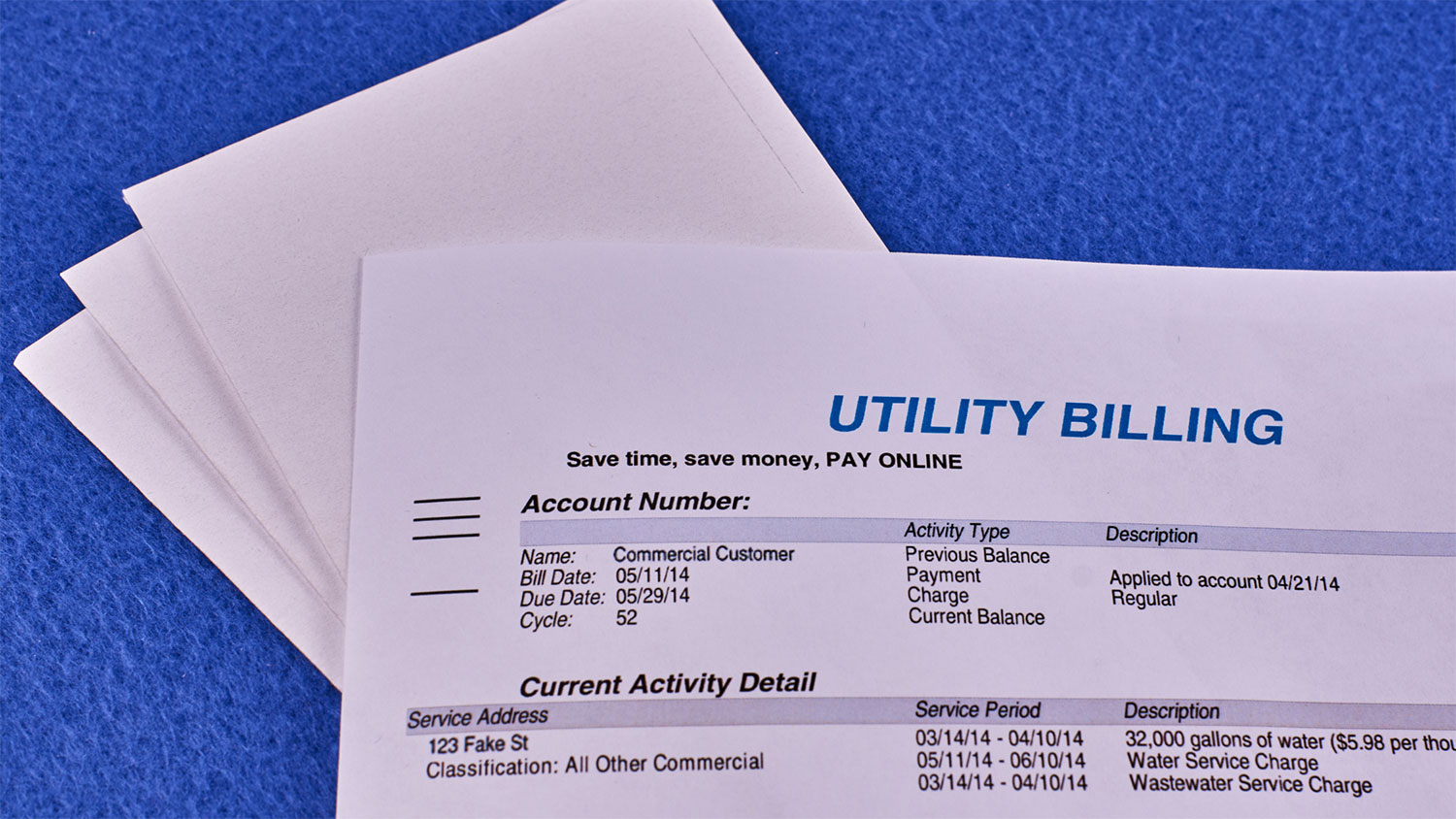Should smart water meters be mandatory in all businesses?
Friday 1st August 2025

In recent years we’ve all become familiar with the sight of smart energy meters in both business and domestic settings. Getting real-time insights into electricity and gas is a useful way of monitoring consumption, educating people on the most energy-intensive appliances or machinery and, hopefully, changing behaviours.
However, the same technology is being adopted more slowly when it comes to water consumption – even though businesses around the UK can save money and emissions by reducing water usage. Unlike traditional meters, which require manual readings to be taken, smart meters give both the retailer and the business more accurate, frequent, and transparent consumption data.
But with such clear benefits, should smart meters be mandatory for all UK businesses?
Let’s explore the pros and cons of making smart water meters standard in the commercial world.
The case for mandating smart meters
Accurate billing. Fewer disputes
Smart meters can be of great use in eliminating the frustration that historically comes with estimated bills. That means businesses pay only for what they use – no more underpayments, overpayments or nasty surprises at the end of the quarter. In modern businesses, having the ability to budget and forecast effectively can mean the difference between a profitable month and one that sees a net loss – particularly at a time when business overheads are going up across the board.
.jpg?sfvrsn=c42e32cd_1)
Improved sustainability reporting
Real-time consumption data helps businesses track and reduce their water usage, contributing to ESG goals and net zero targets. It also makes sustainability reporting significantly more accurate.
Streamlined management for multi-site businesses
Smart metering is particularly valuable for businesses operating across several sites. Central dashboards give utilities teams a clear overview of performance and usage at each location.
The challenges of making smart meters mandatory
While the benefits are significant, there are some considerations that could complicate a blanket rollout that is required by law. These include:
- Upfront installation costs – while many water retailers offer smart meters at little or no cost, some businesses may still be hesitant about infrastructure changes or downtime during installation.
- Legacy infrastructure – in older buildings or rural areas, installation can be more complex or delayed due to access issues or connectivity limitations.
- Data privacy and security – as with all smart tech, secure data handling is vital. Businesses need assurance that their consumption data will be handled safely before diving into smart meters with full confidence.
It’s possible to argue that rather than mandating smart meters across the board, it is more important to simply incentivise the adoption of smart meters and coherently present the many benefits of this technology.
There is no doubt, however, that smart water meters bring real, measurable benefits to businesses – from better billing to environmental accountability. While mandating them for all may not yet be practical, there’s a strong argument for wider adoption, especially as technology and infrastructure continue to evolve.
At Everflow, we are passionate about the role technology can play in the advancement of the water industry and the improvement of the services delivered to business customers. We believe that by putting powerful data at companies’ fingertips, they can make more informed decisions that benefit themselves and the planet.